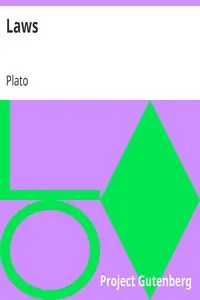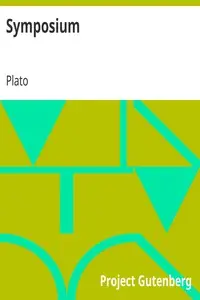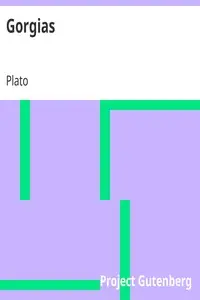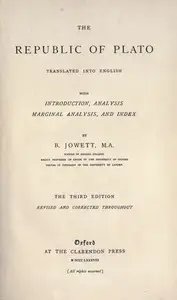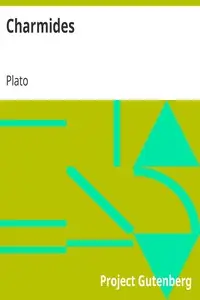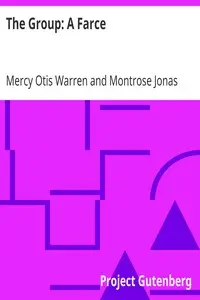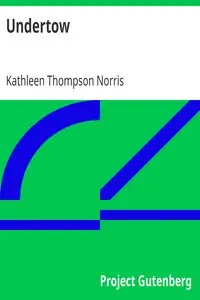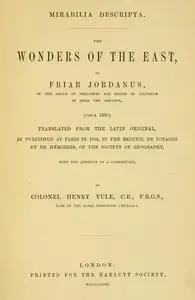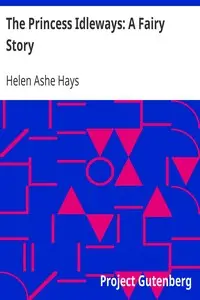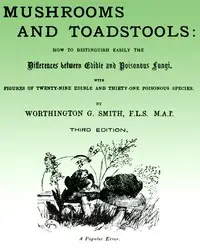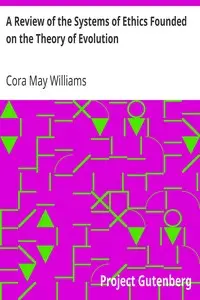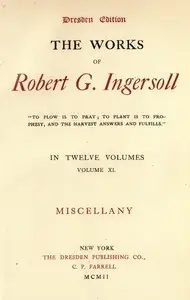"Timaeus" by Plato is a philosophical dialogue most likely written in the 4th century BC. It is a foundational text of Western philosophy, exploring themes of cosmology, metaphysics, and the nature of the universe. Within the dialogue, the character Timaeus presents theories about the creation of the world, the nature of its elements, and the role of the divine craftsman in shaping reality. The opening of "Timaeus" sets the stage for a complex exploration of these philosophical concepts. It begins with Socrates’ reflections on the ideal state of humanity and ultimately leads to Timaeus giving a detailed account of the universe's creation, discussing topics such as the nature of being, the elements of the cosmos, and the divine order behind them. The discussion is interspersed with references to ancient myths, specifically the tale of Atlantis as recounted by Critias, which adds a historical and narrative layer to the philosophical discourse. The introduction also highlights the mixed blend of science and spirituality, as Plato navigates through obscure notions and celestial formations, asserting that understanding the cosmos requires both reason and an acknowledgment of its underlying divine harmony. (This is an automatically generated summary.)
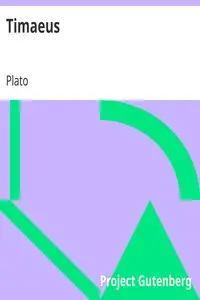
Timaeus
By Plato
"Timaeus" by Plato is a philosophical dialogue most likely written in the 4th century BC. It is a foundational text of Western philosophy, exploring t...
Genres
Released
1998-12-01
Formats
mobi (images)
epub3 (images)
epub (images)
epub
mobi
Free Download
Overview
About the Author
Plato, born Aristocles, was an ancient Greek philosopher of the Classical period who is considered a foundational thinker in Western philosophy and an innovator of the written dialogue and dialectic forms. He raised problems for what became all the major areas of both theoretical philosophy and practical philosophy, and was the founder of the Platonic Academy, a philosophical school in Athens where Plato taught the doctrines that would later become known as Platonism.
Total Reviews
10.0k
Total reviews from Goodreads may change

